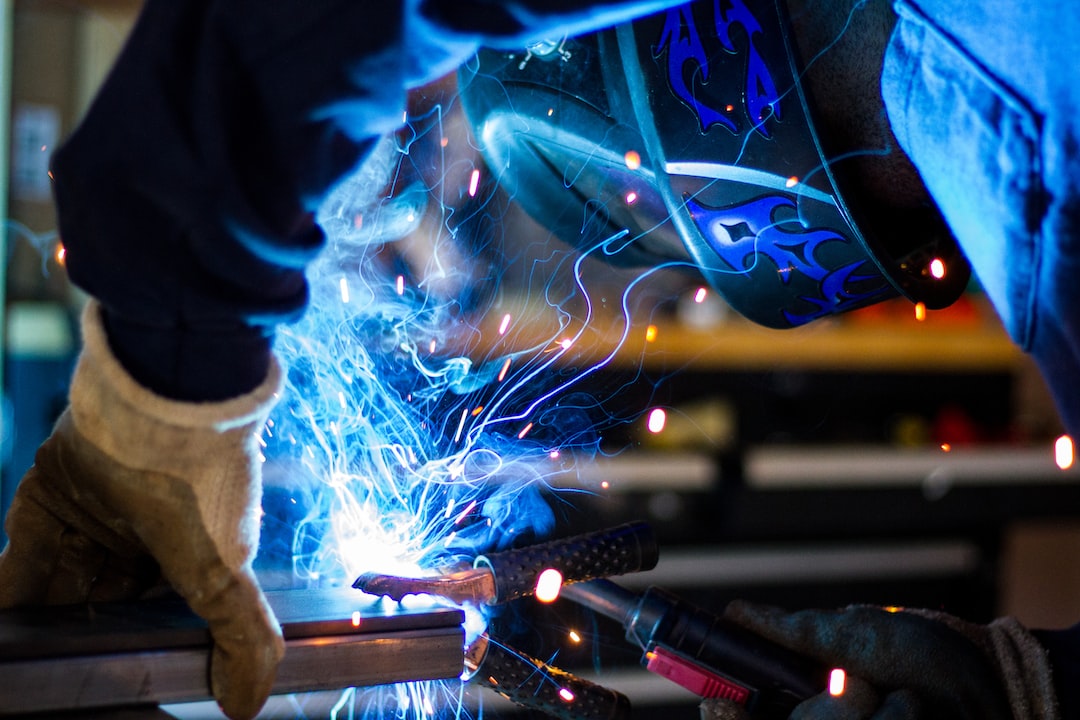Continuous improvement is a fundamental principle of lean manufacturing that focuses on constantly finding ways to improve processes and eliminate waste. By fostering a culture of continuous improvement, companies can enhance productivity, reduce costs, optimize resources, and maintain a competitive edge in the market.
Lean manufacturing, also known as lean production, was developed by Toyota in the 1950s as a systematic approach to minimize waste and maximize value for customers. At its core, lean manufacturing is about creating more value with fewer resources while maintaining quality. Continuous improvement plays a pivotal role in achieving these goals by identifying and eliminating waste at every step of the production process.
One of the key aspects of continuous improvement is the concept of kaizen, which translates to “change for the better” in Japanese. Kaizen is an ongoing process that encourages all employees, from top management to frontline workers, to identify and implement improvements in their daily work. It emphasizes the importance of small, incremental changes over time, rather than relying on large-scale, disruptive transformations.
There are several reasons why continuous improvement is crucial in lean manufacturing. Firstly, it helps to identify and eliminate waste. Waste can take many forms, such as excess inventory, overproduction, unnecessary movement, defects, and waiting time. Continuous improvement encourages employees to analyze their work processes and identify areas where waste can be reduced or eliminated entirely. By doing so, companies can improve efficiency, reduce costs, and increase customer satisfaction.
Secondly, continuous improvement empowers employees to be problem-solvers. When employees are actively involved in identifying and implementing improvements, they feel a sense of ownership and engagement. This can lead to higher levels of employee satisfaction and motivation, which in turn can lead to increased productivity and innovation. By fostering a culture of continuous improvement, companies can tap into the collective intelligence and creativity of their workforce.
Thirdly, continuous improvement helps companies stay competitive in a rapidly changing market. In today’s dynamic business environment, companies must be agile and responsive to customer needs and market demands. By continuously seeking opportunities for improvement, companies can adapt and evolve quickly, ensuring they remain ahead of the competition. This can be particularly important in industries where technology and customer preferences are constantly evolving, such as electronics or fashion.
The benefits of continuous improvement are not limited to manufacturing processes alone. Lean principles can be applied to various areas of the business, including supply chain management, product development, and customer service. For example, by implementing lean principles in the supply chain, companies can reduce lead times, improve inventory management, and foster stronger partnerships with suppliers. Similarly, embracing continuous improvement in product development can lead to faster innovation cycles and better alignment with customer needs.
In conclusion, continuous improvement is an essential component of lean manufacturing that brings numerous benefits to companies. By eliminating waste, empowering employees, and staying competitive, companies can achieve higher levels of efficiency, productivity, and customer satisfaction. Companies that embrace continuous improvement as a core value are more likely to thrive in today’s rapidly changing business environment.
To implement continuous improvement successfully, companies should foster a culture of learning and experimentation, provide training and resources to employees, encourage collaboration and knowledge sharing, and measure and track progress regularly. By doing so, companies can strengthen their lean manufacturing practices and reap the rewards of continuous improvement.

